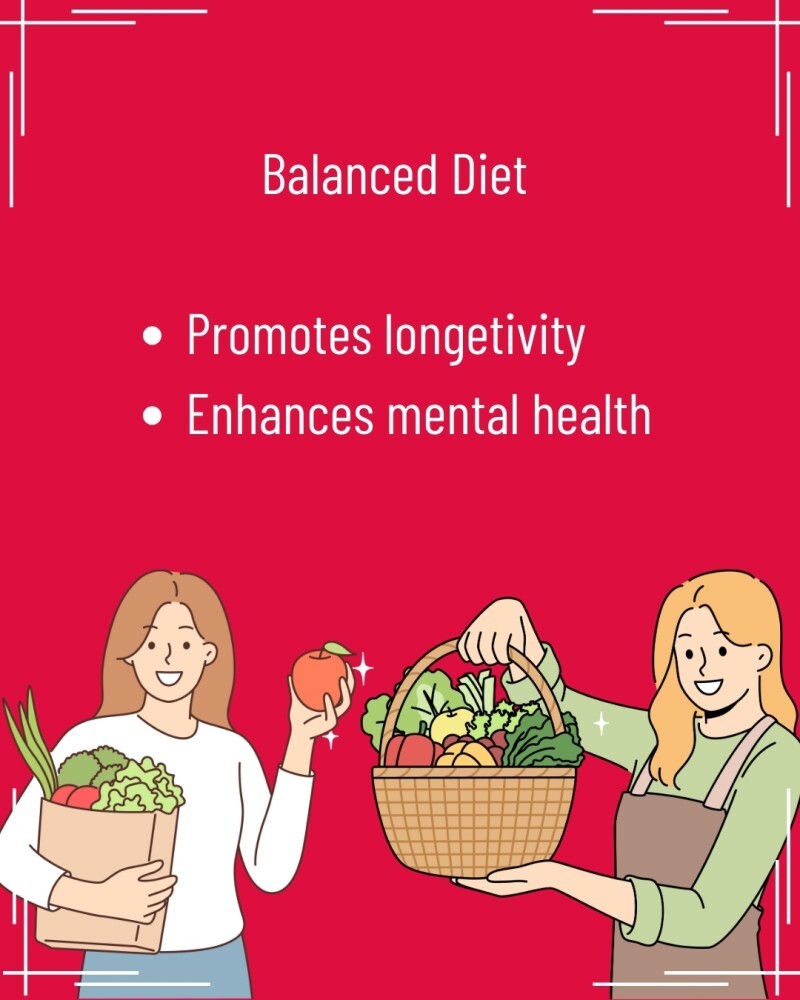The Hidden Connection Between Depression and Longevity
Did you know that depression is more than just a mental health issue? It’s a significant threat to your overall well-being and longevity. Let’s explore how depression impacts your health and what you can do about it.
Depression is more than just feeling sad; it’s a serious mental health condition that affects various aspects of life, significantly lowering the quality of health.
Depression can lead to changes in appetite, resulting in weight gain or loss. It increases the risk of chronic conditions such as heart disease and diabetes. Chronic stress and depression can weaken the immune system, making one more susceptible to illnesses, and it impairs memory, concentration, and decision-making. Depression causes persistent feelings of sadness, anxiety, and irritability, which may lead to withdrawal from social activities and relationships. It also causes conflicts and misunderstandings with family and friends, reduces productivity and job performance, and strains relationships with colleagues due to irritability and withdrawal. In some cases, this can lead to alcohol or drug abuse as a coping mechanism. Furthermore, depression disrupts sleep, causing insomnia or excessive sleeping.
Emotional Eating: A Vicious Cycle

Have you ever found yourself reaching for comfort food when feeling down? You’re not alone. Depression often leads to emotional eating, and those comfort foods tend to be high in fats and sugars. This can lead to weight gain and make losing weight even harder, adding to stress and sadness. It’s a tough cycle to break.
The World Health Organization has found that depression can be more damaging to health than chronic diseases like asthma, diabetes, and arthritis. In the U.S., about 4.7 per cent of adults regularly experience depression. This isn’t just a mental health crisis; it’s a public health concern that affects millions.
The Inflammation Connection
Here’s something you might not know: Depression is linked to inflammation in the body. Arachidonic acid, found in animal products like chicken and eggs, can trigger inflammation. This is a big deal because when inflammation reaches the brain, it can lead to feelings of anxiety, stress, and hopelessness.
The Power of Micronutrients
Our brains need specific nutrients to function properly. These neuro-nutrients in plant-based foods include vitamins, minerals, antioxidants, and polyphenols. Without enough of these, your brain can’t produce the chemicals that help keep your mood stable.
Did you know that people who eat at least three servings of fruits and vegetables a day report feeling more optimistic? Those veggies are packed with B vitamins like folic acid and vitamin B12, which are crucial in preventing mood disorders.
Recognizing the link between diet, inflammation, and mental health opens the door to better strategies for managing depression and promoting longevity. A diet rich in fruits, vegetables, and plant-based nutrients can significantly improve mood and alleviate depressive symptoms. Reducing the intake of animal products high in arachidonic acid can decrease inflammation and its associated mental health impacts.
Taking proactive steps, such as maintaining a nutrient-dense diet, fostering social connections, and seeking professional support, can break the cycle of depression and pave the way for a healthier, longer life. Remember, the journey towards mental wellness is continuous and multifaceted. Each small change contributes to a larger, positive impact on your overall health and longevity. Start today, and embrace the potential for a brighter, more fulfilling future.



